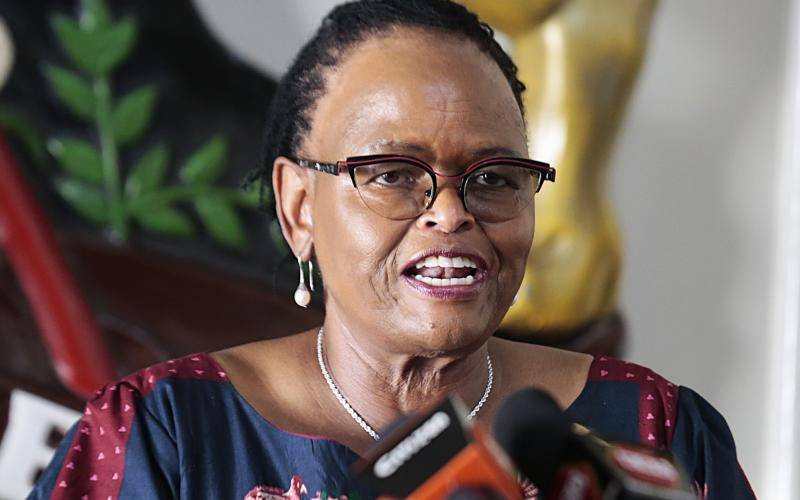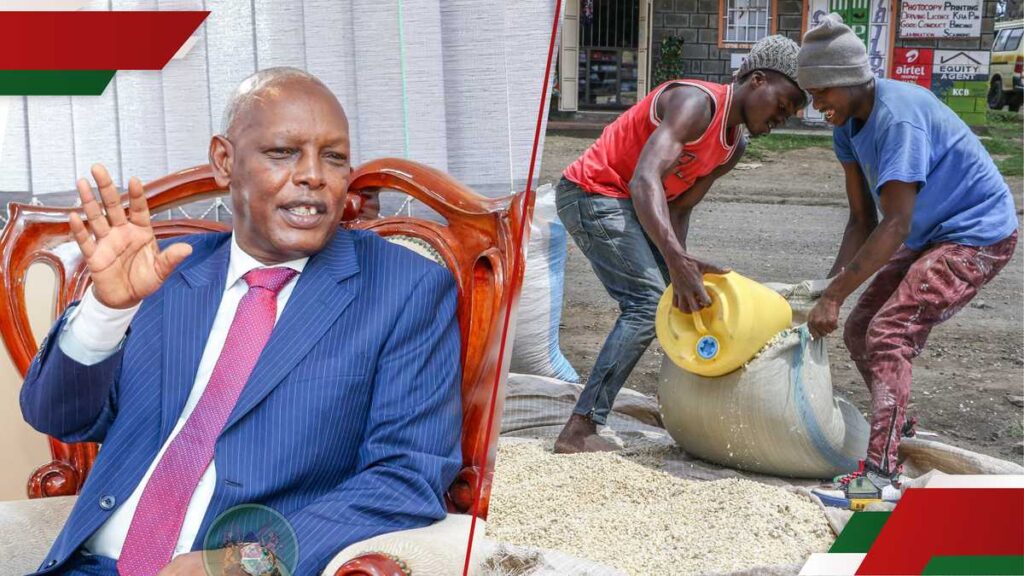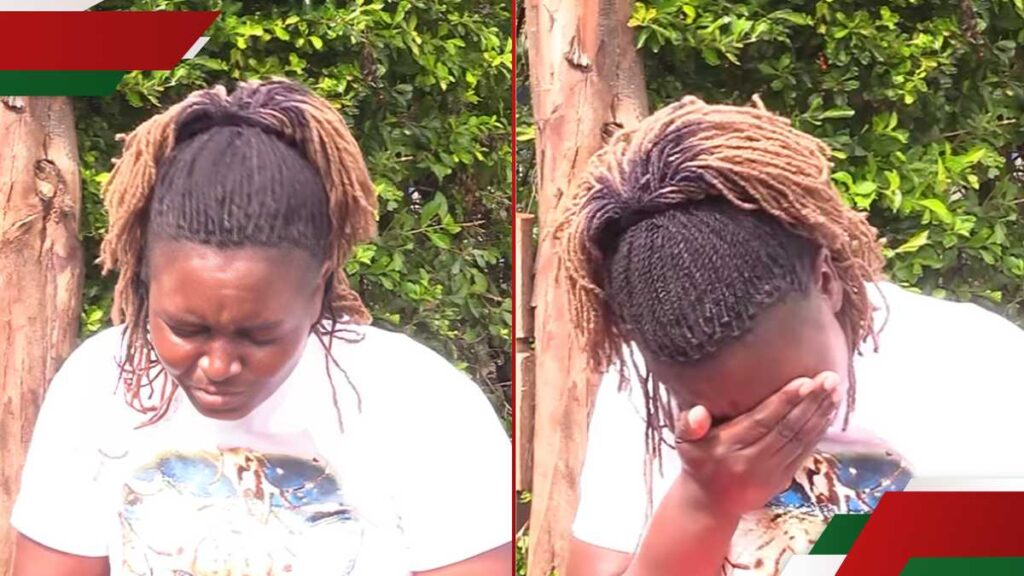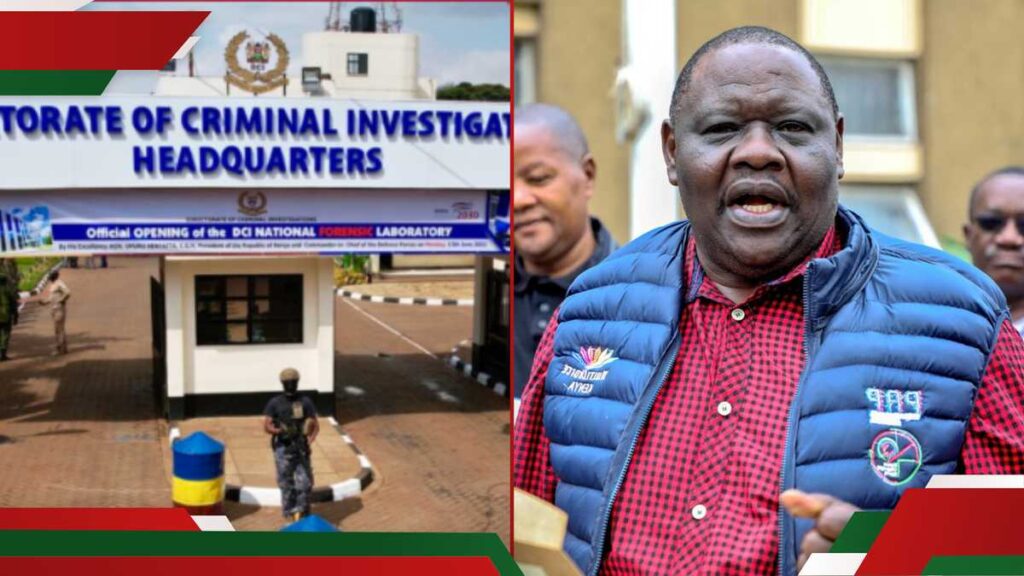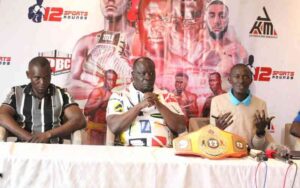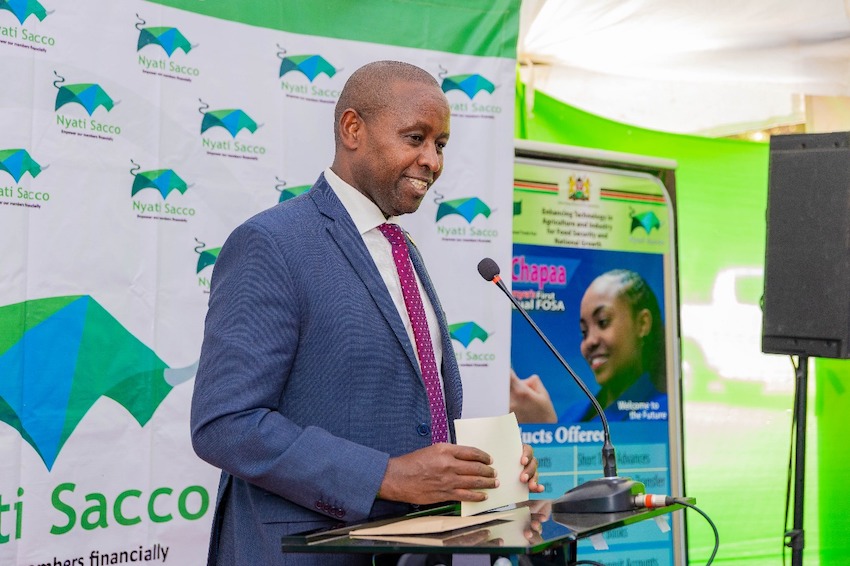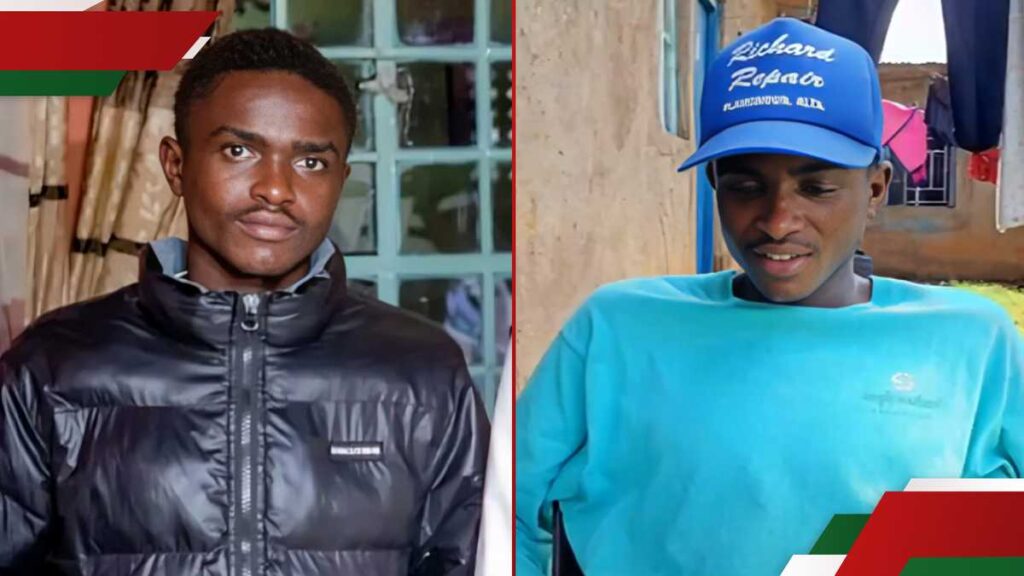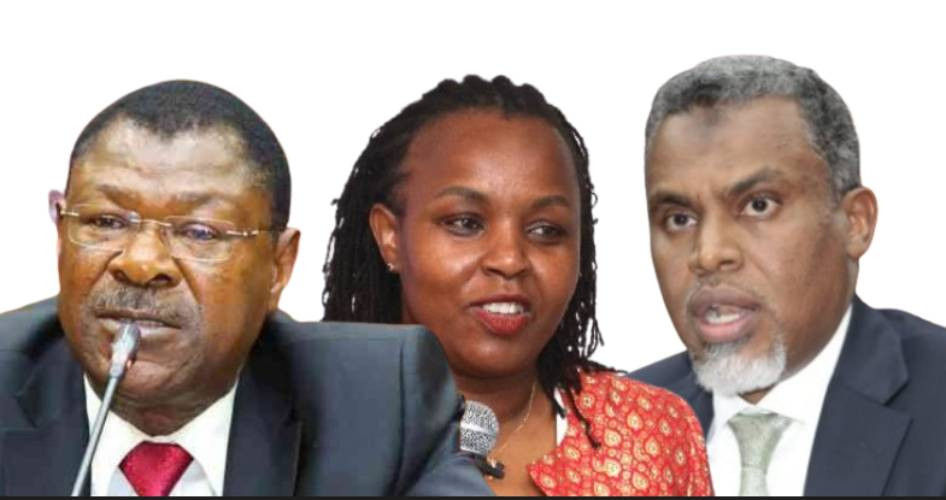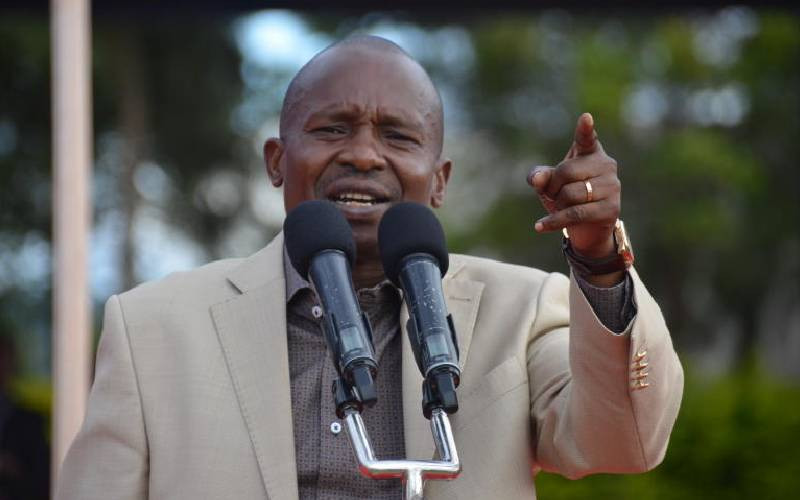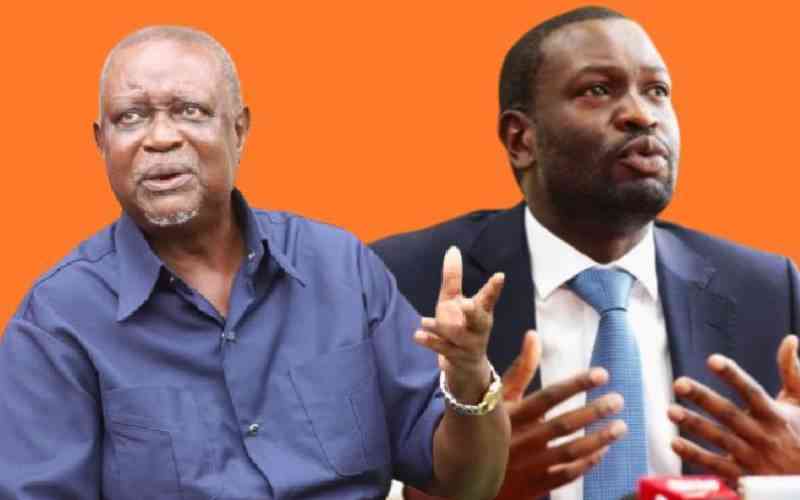A three-judge bench comprising Justices Charles Kariuki, Lawrence Mugambi, and Bahati Mwamuye has been appointed to hear consolidated petitions seeking the removal of Chief Justice Martha Koome and all other Supreme Court judges
When the parties appeared before High Court Deputy Registrar Emmie Chelule, she confirmed that Chief Justice Koome had empanelled the three-judge bench to hear and determine the petitions aimed at blocking their removal.
Koome, her deputy Philomena Mwilu, Justices Smokin Wanjala, Njoki Ndung’u, Isaac Lenaola, Mohamed Ibrahim, and William Ouko have filed lawsuits seeking to block JSC from considering their petitions filed by former LSK President Nelson Havi and 15 others.
“The matter is coming up before me to confirm whether the empanelment has been done by the CJ. I do confirm that the bench was empanelled on April 30. We have Mr. Justice Charles Kariuki as the presiding judge, and Justices Mugambi and Bahati,” Chelule stated.
She further noted that directions regarding the hearing dates would be communicated via email.
The empanelment followed a ruling two weeks ago by Justice Mugambi, who ordered the file to be transmitted to the Chief Justice for the constitutionally required appointment of an uneven bench.
He held that the petitions raised serious constitutional questions that must be heard by more than one judge.
“I find all the consolidated petitions herein raise serious constitutional issues to be determined by a bench,” ruled Justice Mugambi.
“I therefore order the transmission of the file to the Chief Justice for empanelment of an uneven bench of judges.”
Although Chief Justice Koome is one of the petitioners in the case, Justice Mugambi emphasised that she remains the only official constitutionally mandated to empanel a bench under Article 165(4) of the Constitution.
However, various parties, including Senior Counsel Ahmednasir Abdullahi, lawyer Havi, former MP Raphael Tuju and his children, the JSC, had raised concerns about a potential conflict of interest, arguing that Koome’s appointing judges to hear a case in which she is a petitioner is ethically problematic.
Despite the opposition, Justice Mugambi upheld the legality of the Chief Justice’s role in the process, stating: “Once the Court certifies that the matter raises a substantial question of law under Article 165(4), the consequence is cast in mandatory terms. The Constitution directs that such a matter shall be heard by an uneven number of judges, being not less than three, assigned by the Chief Justice.’”
He added that constitutional interpretation must focus on enforceability.
“One of the tenets of constitutional interpretation is that it should give effect to its provisions, not render them inoperable. The Constitution empowers only the Chief Justice to empanel an uneven number of judges under Article 165(4),” Mugambi explained.
Stay informed. Subscribe to our newsletter








